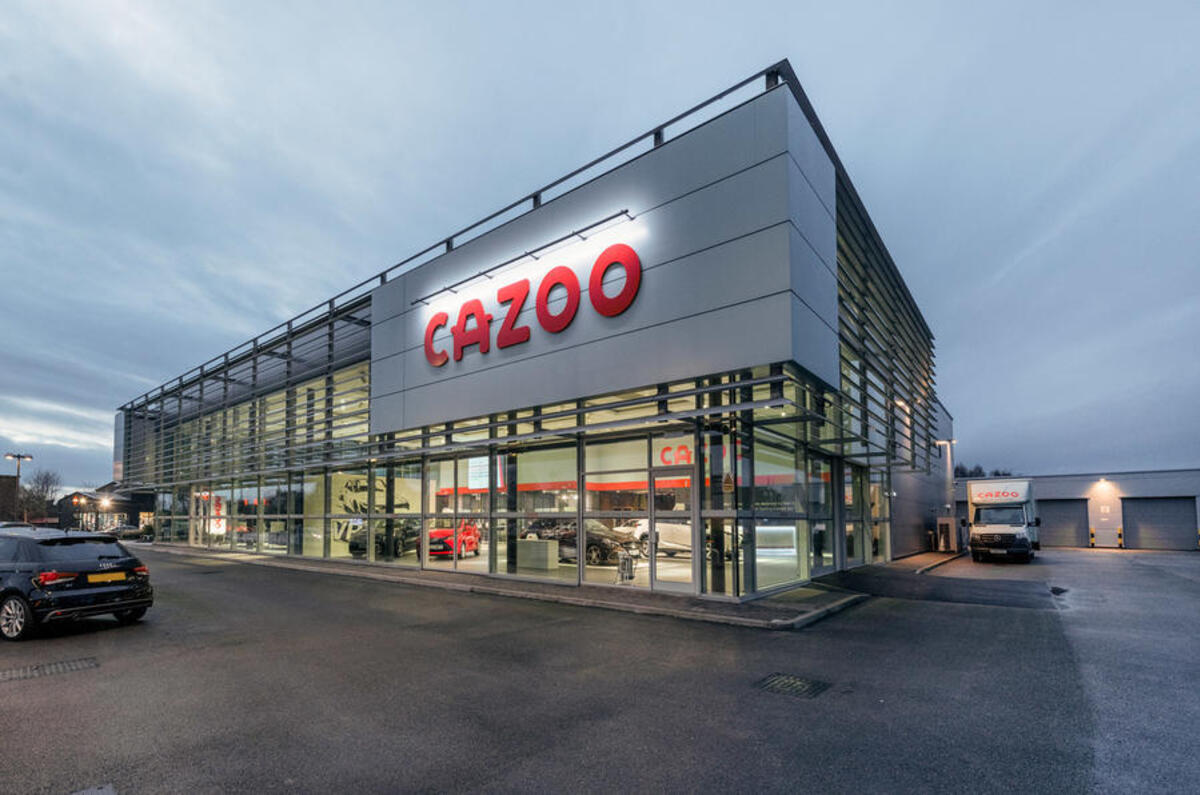News that cash-strapped used car retailer Cazoo is abandoning its signature home-delivery service to set up as a classified site to rival Autotrader was met with derision in an industry it once claimed to disrupt and now wishes to court.
As former Cazoo employees rushed to LinkedIn to switch their profiles to the green-ringed ‘open to work’ setting, others in the industry took to the opportunity to gloat at the downfall of a company that was once worth billions but had never turned a profit.




Add your comment